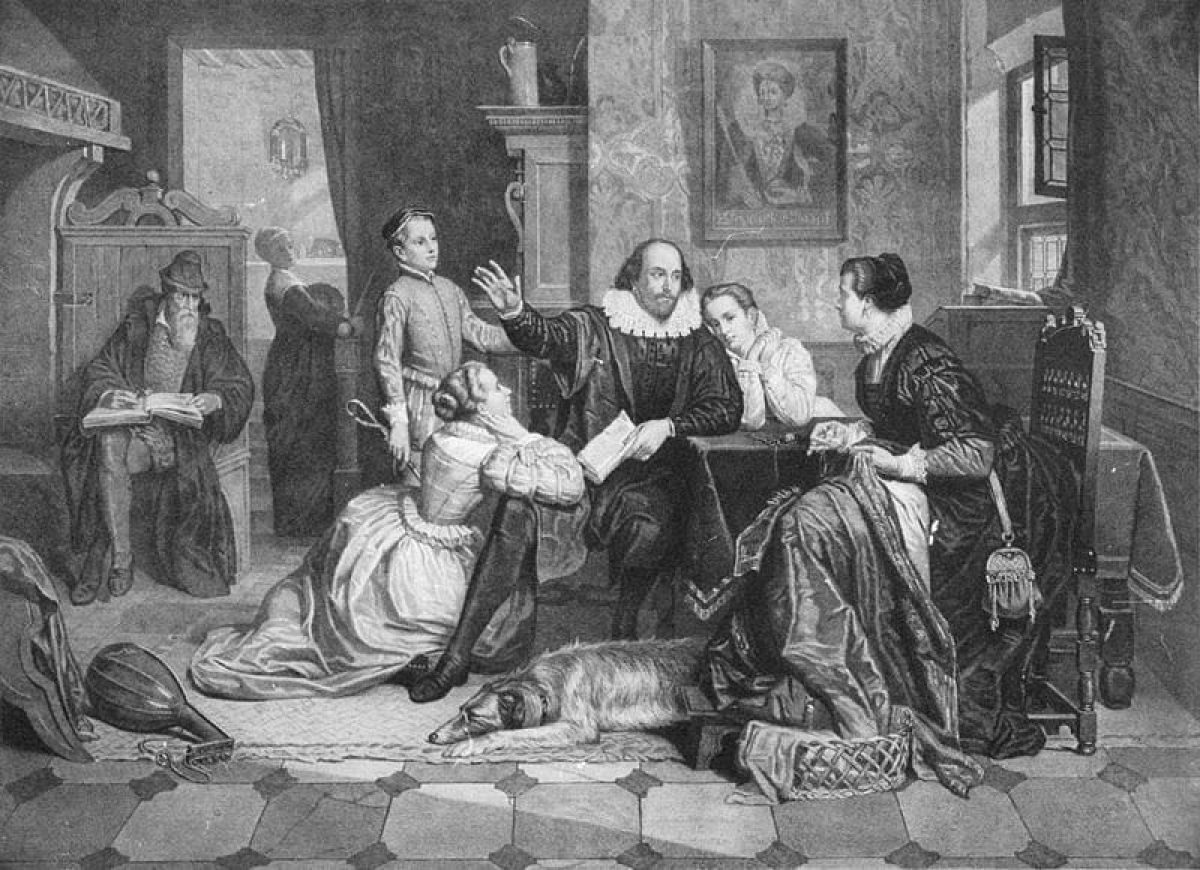Review: All Is True
By Katy Taylor

Imagine what you know of a British period drama: upper-middle-class lifestyles, patriarchy, etcetera. Take these expectations, present them in one underwhelming package, and here you will find Kenneth Branagh’s new release, All Is True.
In classic Branagh fashion, All Is True is essentially “Much Ado” with William Shakespeare. However, instead of an adaption, we see Branagh yet again as both director and star playing the literary maverick himself. The narrative follows Shakespeare’s return to his birthplace, Stratford, in 1613 after gaining his title as the best writer of the age. Through this we see a depiction of the final segment of his life, where he situates with his wife, Anne, and two daughters as he mourns the loss of his only son, Hamnet, that occurred in his absence.
With its basis on true events of an extremely well-known figure, complete innovation within this adaptation could not be expected. The predictability of this film is so potent, stagnant even, that in reflection it feels as if I haven’t seen anything new at all, but something I’ve seen long ago; it was so extreme that often I felt myself preempting the next movement or piece of dialogue. Following on from Branagh’s tradition of star-come-director roles in Shakespeare tales, there is nothing organic in narrative content, specifically concerning Branagh himself.
The most powerful depiction can actually be found behind Branagh and the star-studded cast that acts as a mist of false promise over the quality of the film; the catalyst for the film’s emotional capacity is undeniably that of Kathryn Wilder, who performs the role of Judith Shakespeare. It is Wilder’s character and performance that provides the lens to the social climate of the time, that emotively portrays the psychological damage upon women who collectively were buckled beneath feminine expectation and lack of opportunity. Her performance is bold, even amongst the A-list faces that lace the cast, and for this merit must be given where it is due.
To its merit, this film does offer a high aesthetic appeal. The ambience and tranquillity portrayed in the visuals encapsulates the image of the British natural world and suitably accompanies the themes of reflection and conflicts between the city, success and home grounding. Although stunning, this natural imagery dominates the film without any form of contribution or benefit. It is stating the obvious, we understand we are in the British countryside, as it is established in the first shot. This ultimately resulted in an overabundance of establishing shots.
Nevertheless, without Wilder and the blatant acknowledgement of Shakespeare’s queerness with Ian McKellen’s appearance (which I LOVE), this film would immensely lack in substance. Predictable, without any element that is significantly heart-rending, All Is True has truly classified itself as a disappointment. Branagh himself may think this is an epic portrayal of the writer he loves so dearly, but this is yet another Shakespeare story without the art of Shakespeare itself.
2/5







